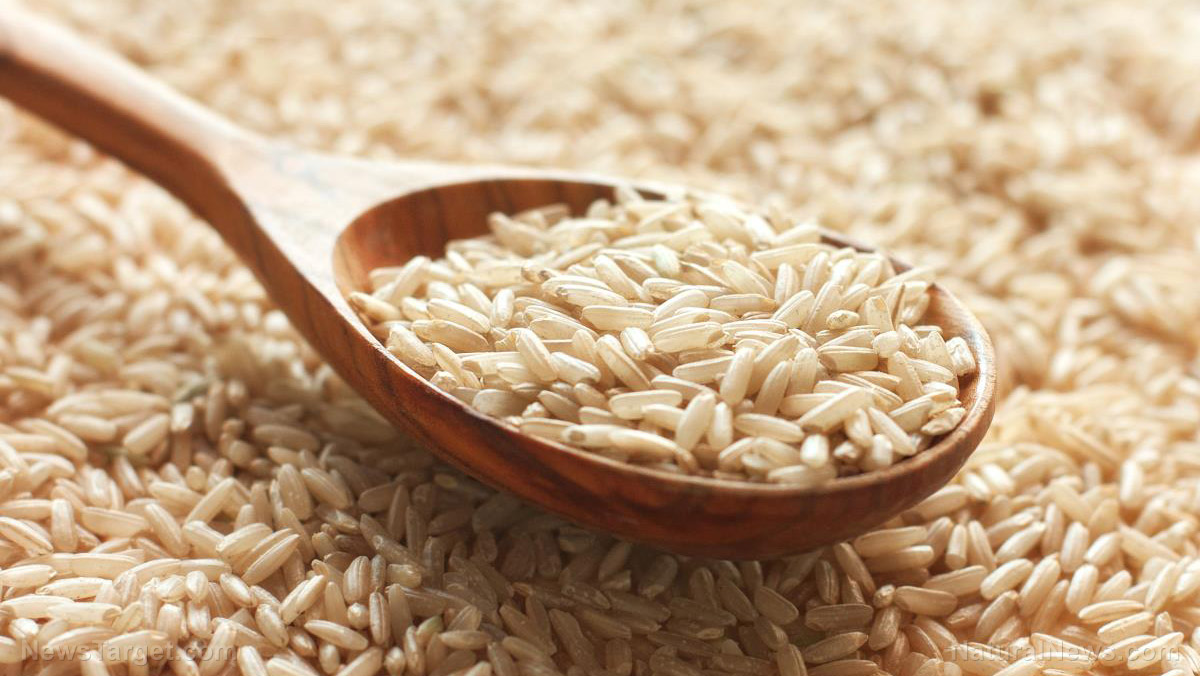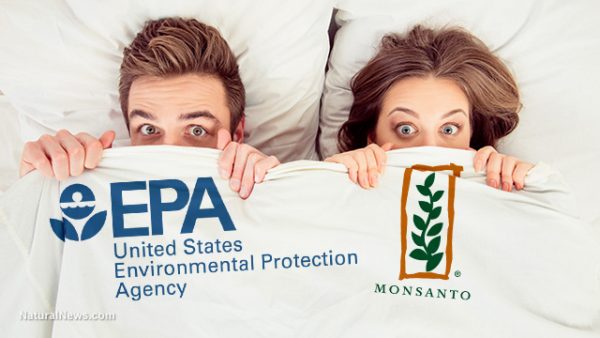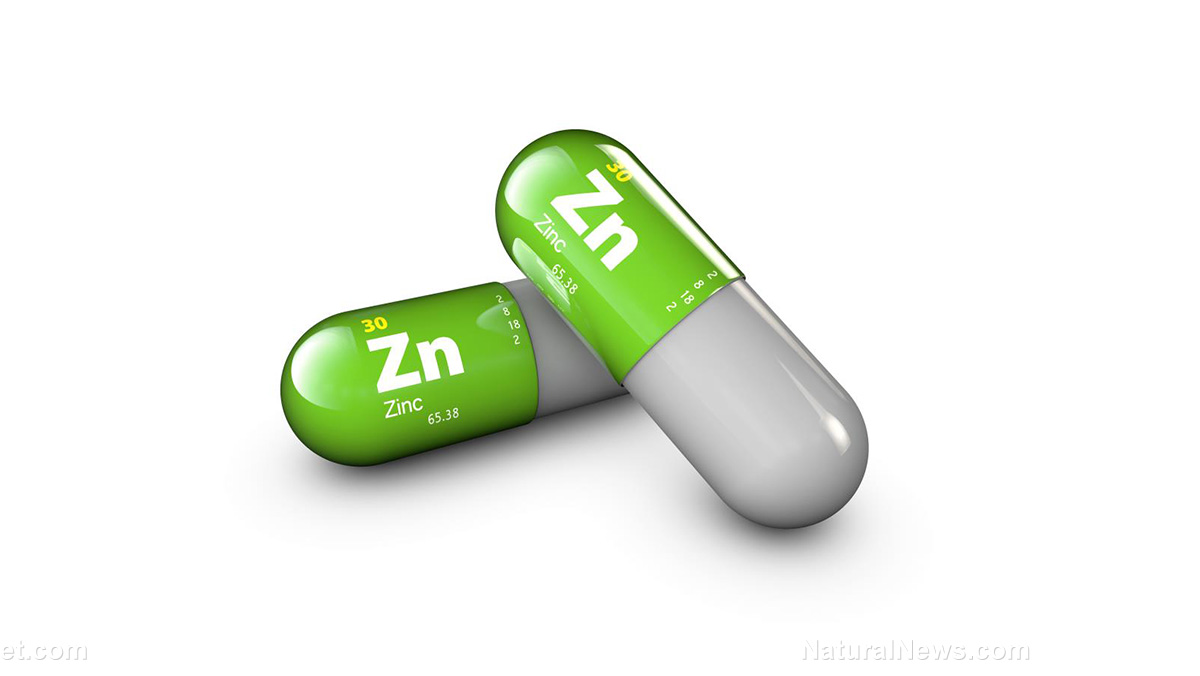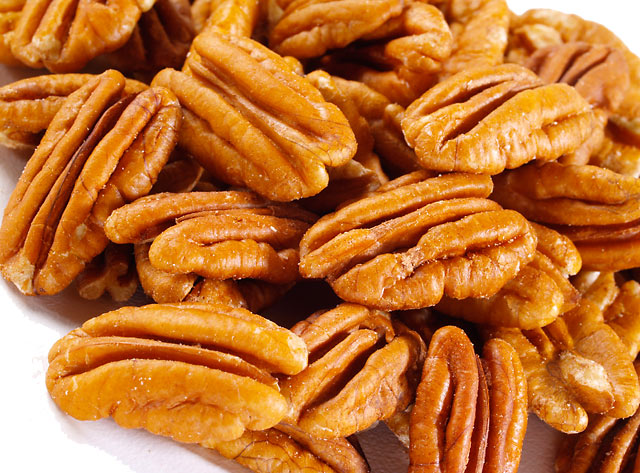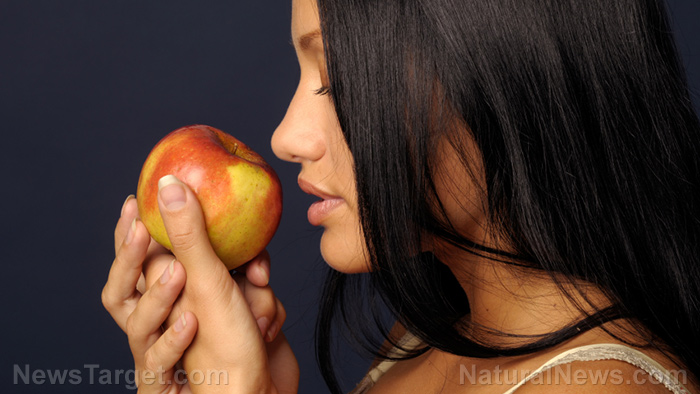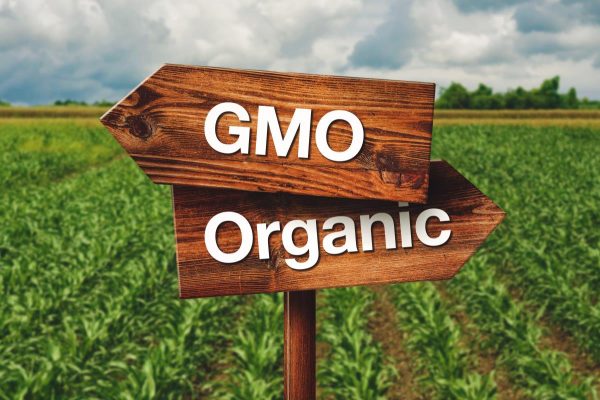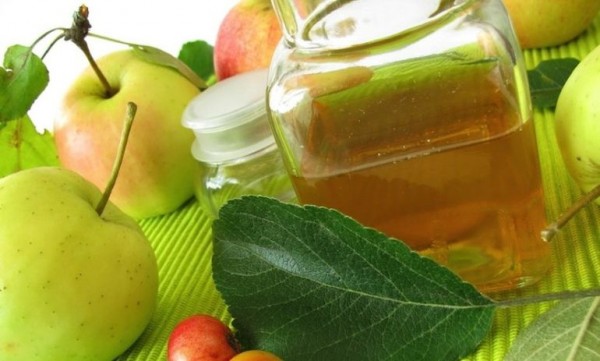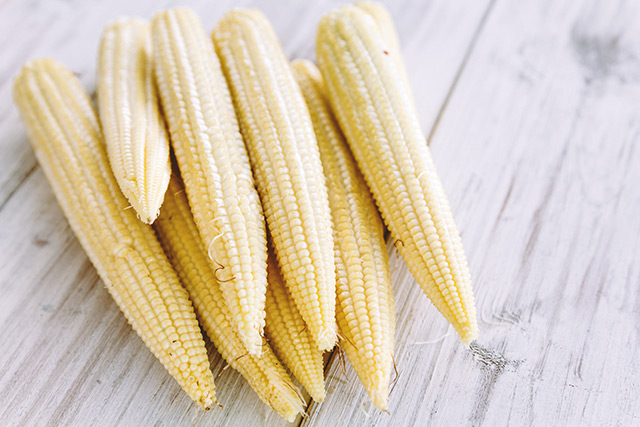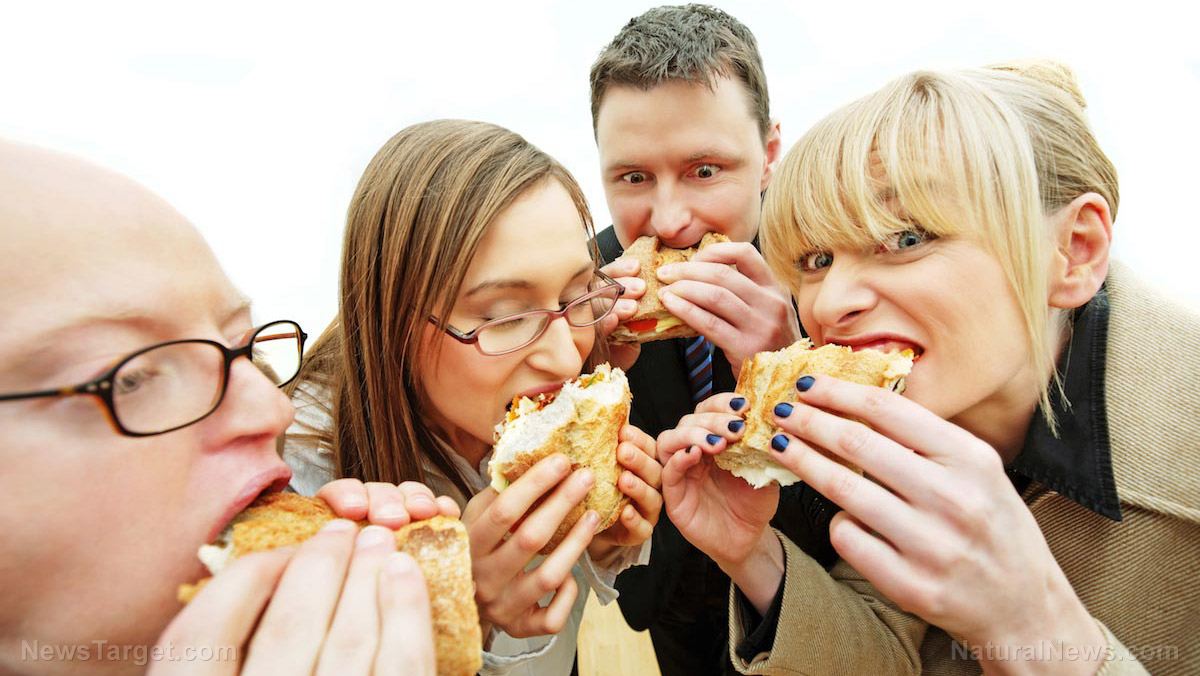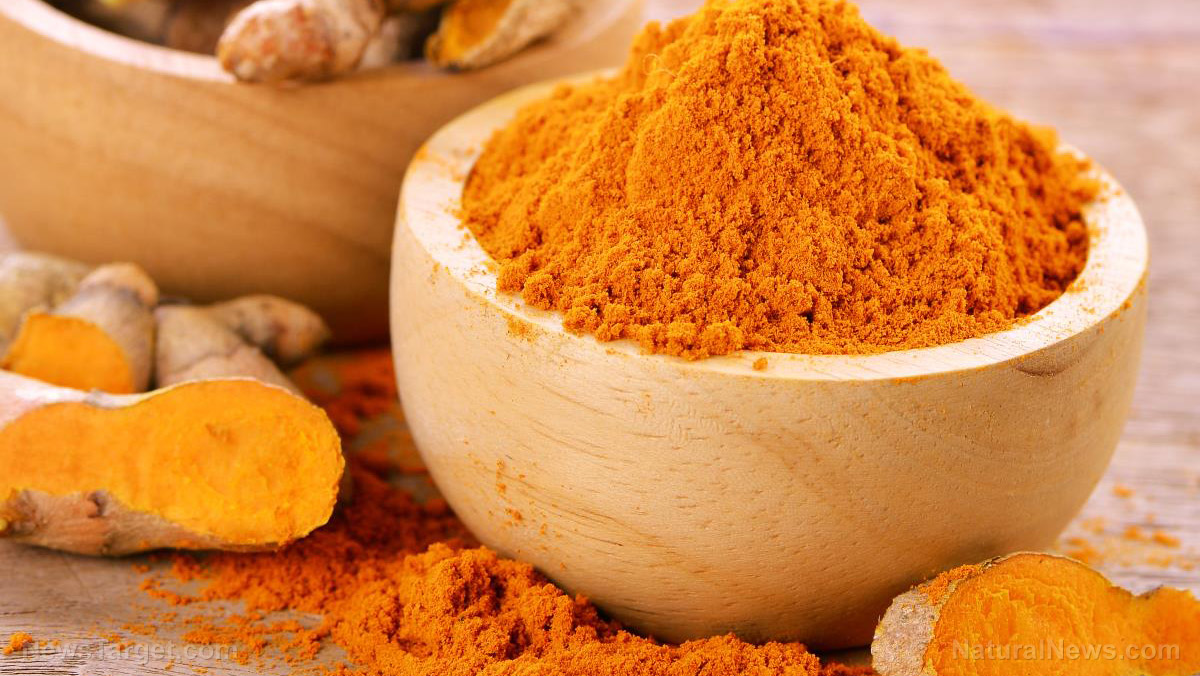A landmark study conducted by researchers at the Cedars-Sinai Medical Center found that sugary cereals cause more harm than initially perceived. Almost all people are aware that these breakfast staples contribute to the growing obesity epidemic due to their high sugar content; yet scientists are now tracing a link between cereals and early puberty. Butylhydroxytoleuene, an additive used to prolong shelf-life, is also an endocrine disruptor. The chemical can disrupt normal hormone production and incite unnatural changes in children. Unfortunately, this synthetic antioxidant is a favorite among food manufacturers for its uses in preservation. Popular cereal brands, such as Cheerios, Lucky Charms, and Cookie Crisps use butylhydroxytoleuene (listed as E321) as one of the main ingredients.
General Mills, the manufacturer behind these brands, has since pulled the additive from its production after health groups said E321 increased a person’s risk of liver damage as well as some forms of cancer. Even so, other food brands still use the chemical compound in their production line. Some brands use a similar synthetic additive, called E320. Supposedly, this is a “healthier” alternative and used in such products as Kelloggs Special K bars and Weight Watchers Double Chocolate Cereal Bar. There is no evidence (yet) which associates E320 with any adverse health risk but people should still take note that these are entirely artificial compounds they are ingesting.
The body is not meant to synthesize chemicals that could be used as an industrial cleaner. Moreover, these additives can, realistically, damage hormones and distort the brain-gut connection. This not only prompts obesity but contributes to unwanted disturbances in the body.
Butylhydroxytoleune was compared to three other chemicals used in breakfast cereals. Researchers found that butylhydroxytoleune had the strongest detrimental effects, causing the authors to call the additive a “gender-bending chemical.” Butylhydroxytoleune was also found to integrally damage the mitochondria, which are the cellular structures that are used to convert food and oxygen into energy and support the body’s metabolism.
Following the law while still being sneaky
Breakfast cereal brands are required by health regulatory groups to list the ingredients in all of their products. For the most part, food manufacturers follow these guidelines diligently but take advantage of the average consumer’s laziness to check these labels. Even if the consumer did check the labels, a lot of the ingredients listed are meaningless to the layman. For example, no one would really understand what E321 or E320 means unless they’re aware of the dangers that come with them. (Related: Popular breakfast cereals found to contain low levels of toxic heavy metals; Natural News Labs publishes results.)
Additionally, brands are encouraged by the Department of Health to color code additives so that they’re easier to spot. These are endorsed recommendations that are not strictly enforced. As such, most food manufacturers opt out of following the suggestion. These brands are still — technically — following the law even if they are being sneaky about it.
This is a reason why many nonprofit organizations have made it their mission to educate the public about the dangers of processed sugar, as well as detecting hidden dangers in popular food brands.
The takeaway here is information. The conclusion that “sugar makes you fat” may come across as obvious but sometimes people need to discuss the elephant in the room. While breakfast is an important part of a person’s day, ignorantly consuming cereals (even those touted as “healthy”) can lead to poor health. Parents, in particular, should be more cautious in what they feed their children.
Sources include:
DailyMail.co.uk
NCBI.NLM.NIH.gov
HealthMediciNet.com


